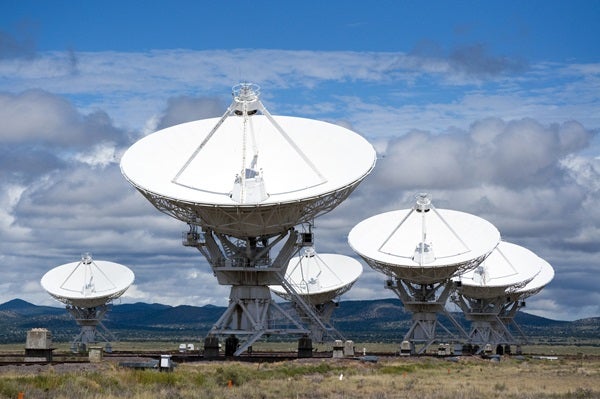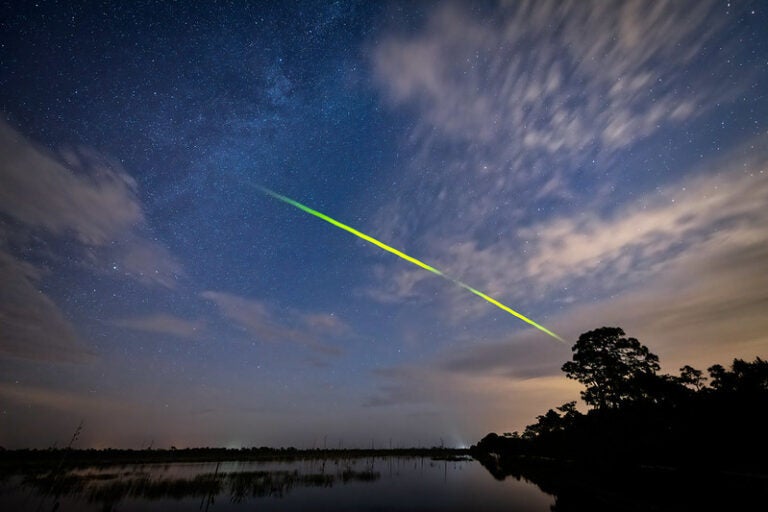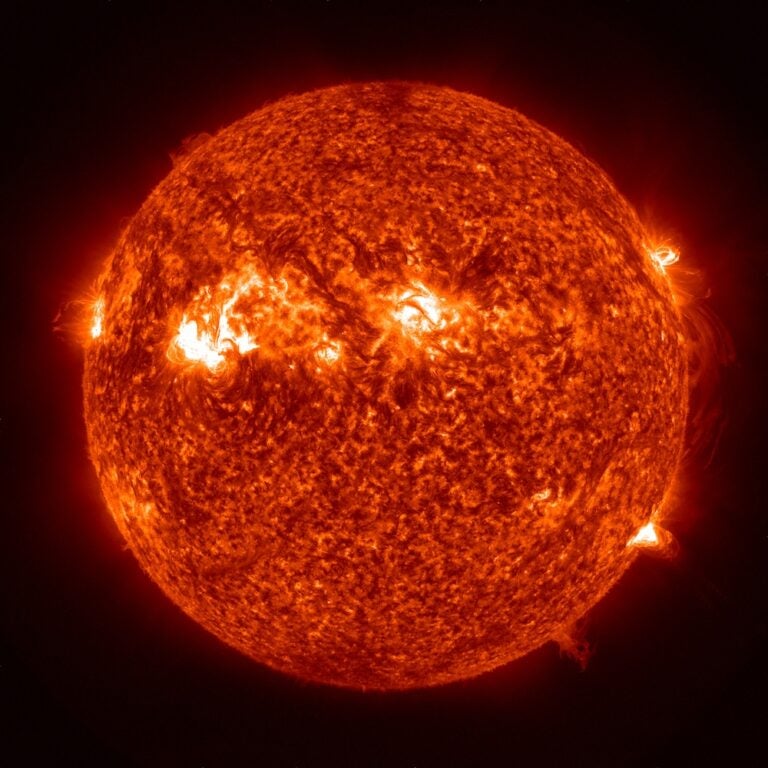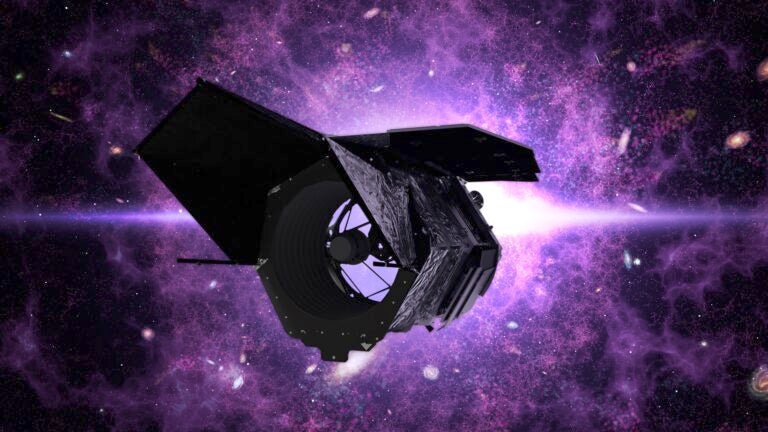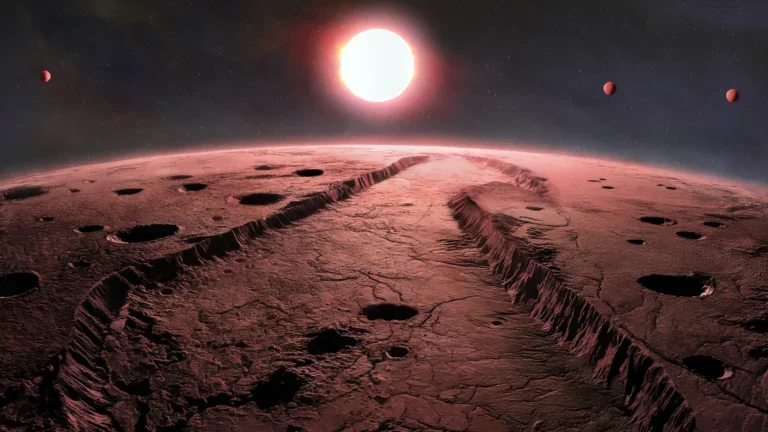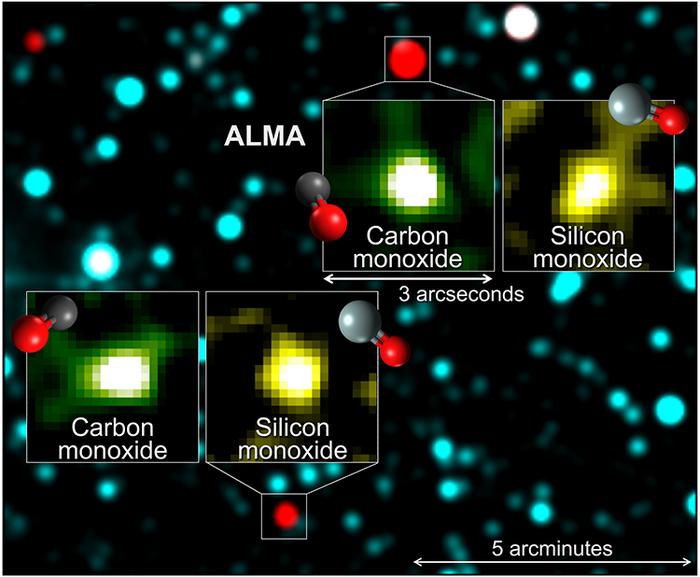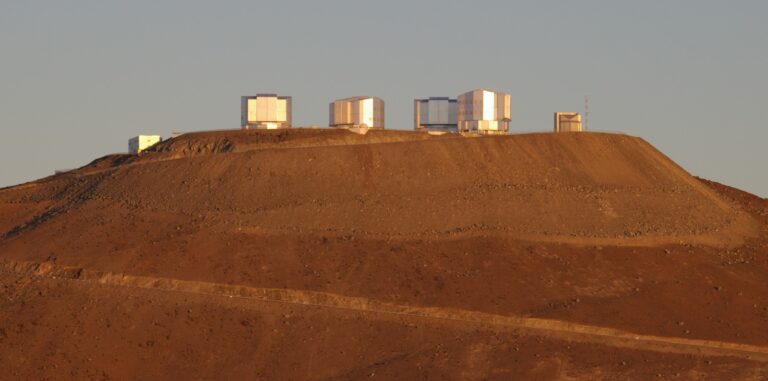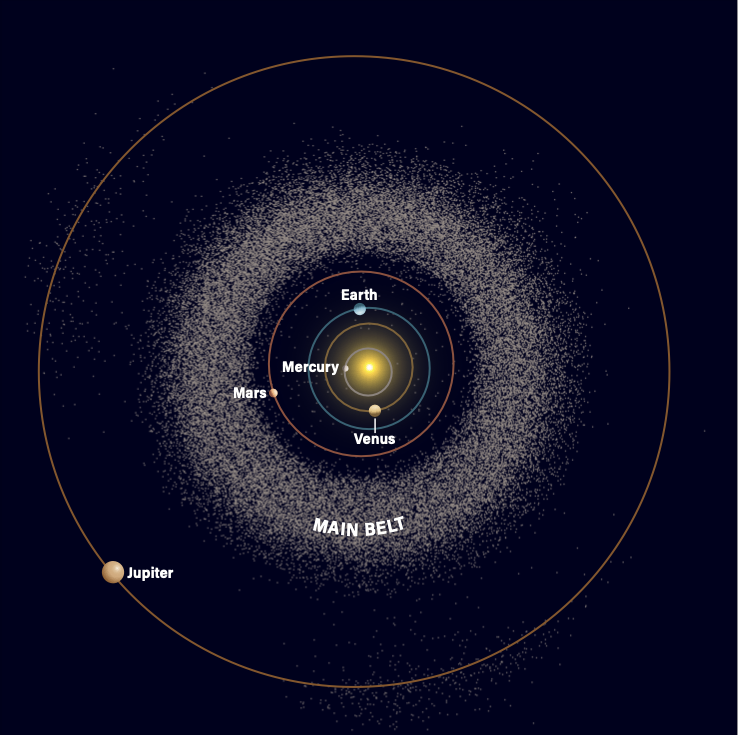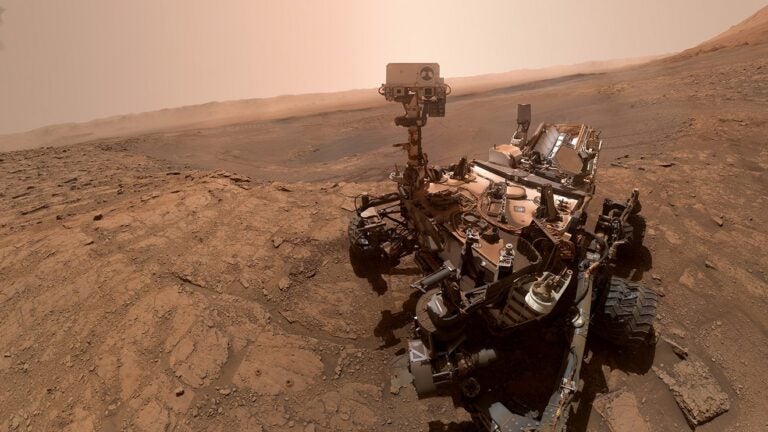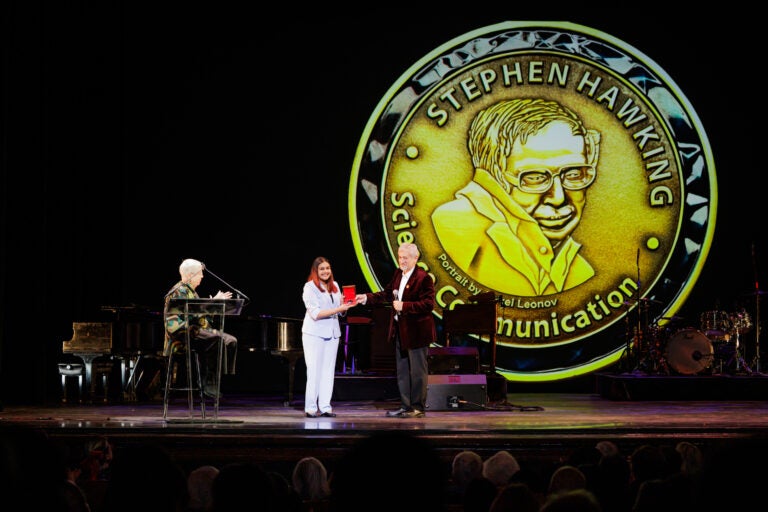“We want to know, where do we come from? Where are we going? What is? Why is? And of course if we’re really interested in whether or not there’s anyone else out there.” — Jill Tarter, Making Contact
Tarter has spent her entire life trying to find an answer to those questions and she’s not done yet. Not only is she the co-founder of the SETI (Search for Extraterrestrial Intelligence) Institute in Silicon Valley, she’s also a revolutionary figure in the field of astronomy. From being one of the only female engineers in her university, to oftentimes the only woman in the room at meetings, Tarter’s forged a path for herself out of sheer will and necessity.
You might already know her, or at least a fictional version of her. When Carl Sagan wrote his famous book Contact, he based the main character, Ellie Arroway, on Tarter and her work in radio astronomy. The book eventually led to the film Contact, where Tarter was played by Jodie Foster, who portrayed a determined and hardworking astronomer constantly battling for funding and telescope time.
Science journalist Sarah Scoles recently wrote an excellent biography of Jill Tarter called Making Contact: Jill Tarter and the Search for Extraterrestrial Intelligence. The book weaves us through the challenges of being a young female engineer and astronomer, while taking an intimate look at the real person behind the fictional character we’re more familiar with. Moreover, the book also provides a rich history on the search for intelligent life in the cosmos, one that frankly wouldn’t exist without Tarter.
I spoke with Sarah about why she wrote the book, the state of SETI, and why Jill Tarter has unknowingly captured our attention for so long. Our interview has been edited for length and clarity below:
I care a lot about the details of science and understanding the universe in traditional ways. Then I thought back to what had very initially excited me about astronomy and made me want to go into it and it was SETI and the big questions about SETI. The biggest one: Are we alone? How does life develop? What is our place in the universe? Then, I watched Contact when I was 12 and when it came out I was very obsessed with it. Then I started reading more and didn’t quite realize that no one had written anything long about Jill. But I was like, “Here’s this woman who’s really been around the whole time and I know has inspired a lot of people, especially around my age in astronomy.” And all … that existed are these scattered interviews with her and maybe it’s time someone did something bigger.
When did you first find out about Jill Tarter and her work with SETI?
Well I guess let’s start with the fake Jill Tarter, because that was all I knew from the film. All I knew was fake Jill Tarter for a really long time. My family rented the movie Contact probably as soon as it came out on video. Yes, VHS. We watched it and I’d never seen a movie that I cared about so much and was just like, “wow.” I’d never heard of radio astronomy because I was 12. I didn’t know that searching for extraterrestrials was this scientific pursuit that was more than science fiction. I was very enamored of this character, Ellie Arroway, who had dedicated so much of her life, her fake life to the search.
Then I studied astronomy in college and did an internship in Green Bank, West Virginia, where the first SETI search took place. It turned out all the other interns were similarly obsessed with Contact because [we] were the same age. So we watched it one night and my friend said, “Hey, you know that is based on a real person.” I was like, “What? What are you saying right now? That’s not true. That’s crazy.” But it was not crazy and it was true.
Something that really runs through the book is Jill’s consistent battle with sexism in her field. How important was it for you to translate her experiences to the reader?
It was really important for me to get across how much she had to go through to be a revolutionary figure in astronomy. Good and bad. It’s great that she was able to withstand the challenges of having her high school guidance counselor tell her that girls didn’t need to to take physics. After that, being the only woman in her college classes and having to do her homework by herself because she wasn’t allowed on the boys’ side of campus. Something that’s important and something that I think Jill didn’t exactly realize until she was maybe in her late 20s or 30s was that that’s a good thing, and we need people like that. But also that it shouldn’t have to be that way. You shouldn’t have to be a revolutionary to be a woman in science.
I think things changed for her when she went to a meeting in Washington, D.C., that brought together a bunch of women Ph.D.s and she realized they were all going through the same sexist struggles and were like, “That’s ridiculous and it’s great that we did it. But we shouldn’t have to and we should help each other instead of thinking, ‘Well, I made it through, you can make it through.’”
I think that’s the key because it’s 2017, no one should have to be a revolutionary to take part in any field.
One thing Jill and others in SETI have always battled is the idea that the search for extraterrestrial life is “fringe,” but really it’s a massive scientific endeavor. Do you think we will ever stop associating SETI with being on the outskirts of science?
I think that from the beginning of Jill’s career, a large part of what she’s been trying to do is to convince people by showing them that … science and engineering factors that go into whether or not there’s extraterrestrial life. Like how stars form and how planets form and how microbial life develops and that all of those are pretty straightforward, traditional science topics that lead to extraterrestrials.
There’s been a struggle her whole career to convince people that it’s legitimate and they don’t just sit around looking for UFOs and little green men. I don’t necessarily think that it will ever be able to escape that.
What do you want readers to take away about SETI and what it’s like to be a part of the search?
I would say that it takes an incredible amount of dedication and passion to be a SETI scientist because there’s not a lot of money. There is a lot of public ridicule. It’s hard to get tenure at a university if you’re studying it and you have to really want it. You have to really care about it. It’s not just a throwaway, weird fringe hobby.
Is there a part of the book you especially enjoyed writing?
In the first chapter there’s a section where she’s telling me about being in high school. We spent a weekend at her cabin and Donner Lake … just watching her and her husband interact in real time and observing what they have in their cabin. Which is, they have a bookshelf that has Vogue Sewing and the Project Cyclops report from NASA. Then I went on a couple of field trips with the interns they had at the SETI Institute up to the Allen Telescope Array.
In your year spending time with Jill, was there something you learned about her life that was especially surprising to you?
The most surprising thing to me was when you think of someone like Jill, who’s been a leader in the field and such a public figure, that they were always meant to do this work. That’s just a nice story to tell yourself. But really, Jill kind of thought about extraterrestrial intelligence when she was very young. One time looking up at the stars she just thought, “Huh, I think there’s probably someone else on the other side looking back at me.” Then she kind of left it alone until she was almost 30.
Has Jill ever talked about what it’s like being a role model for an entire generation of people?
She doesn’t like to talk about it so much. She knows it’s true because every conference she goes to, someone between the ages of 20 and 40 comes up to her and tells her that. I think that she … she hasn’t actually told me so this is an inference, not a thing that I know for sure. Is that she is happy to be that person that she didn’t have in her own life.
There were a few women astronomers that she could look up to, but no one who was doing the kind of work she was doing. So I think she’s happy that other people can have that. But for the most part she’s very focused and a very practical person. I think she probably thinks about it and then immediately puts it out of her mind and just goes on with her work. I think that’s also what people look up to … her dedication to her work. So it’s just a vicious cycle of being a role model for people.
I have to ask since you wrote a book about a SETI pioneer and it’s what inspired you to go into astronomy — do you think we’re alone in the universe?
I don’t know. Well, I will caveat what I’m about to say by saying that the whole point of SETI is to answer that question with science and not with guessing and wondering. So if I thought I knew, I wouldn’t have written a book about SETI because I would not care that much about the science. So I think it’s important to investigate it scientifically. That said, I think the universe is an extremely large place. The largest place. We know that it has so many planets now or so many planets that can possibly host life. I think just statistically it makes more sense to me that there would be life and even intelligent life than it does statistically to think, out of all of this stuff, we’re the one time this kind of evolution happened.

